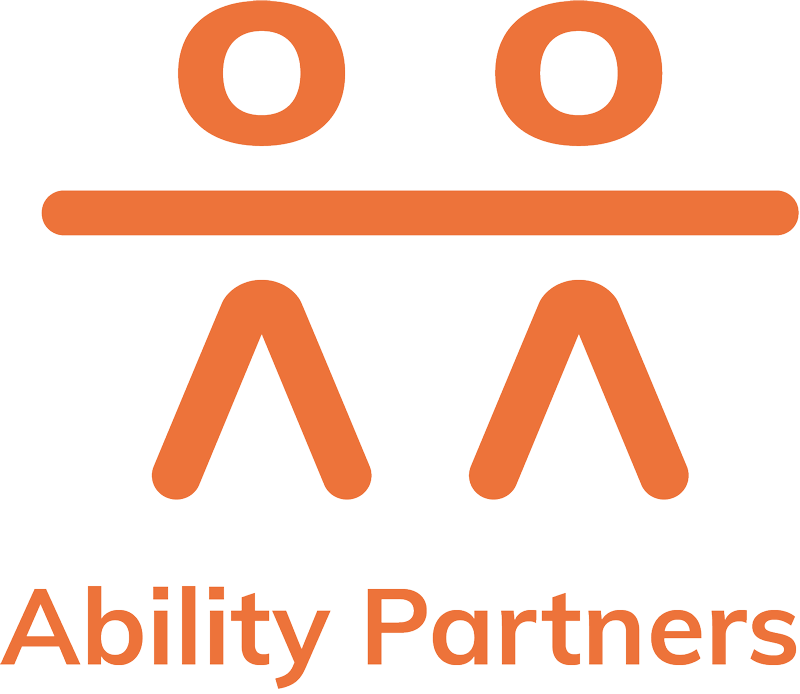Whether you’re a support coordinator, family member or other caregiver, being a stroke caregiver requires compassion, resilience, and continuous learning.
What is a stroke?
Strokes are caused by blocked blood flow to the brain (ischemic stroke) or sudden bleeding in the brain (hemorrhagic stroke).
In either case, parts of the brain become damaged or die. A stroke can cause lasting brain damage and long-term disability.
Changes after a stroke
Experiencing a stroke can lead to extreme, often uncomfortable impacts, on an individual’s life, encompassing both physical, cognitive and emotional changes.
On a physical level, stroke survivors may grapple with a range of challenges, including paralysis or weakness in specific body parts, impaired coordination, and difficulties with speech and swallowing. The severity and location of the stroke in the brain will determine the extent of these physical impairments.
Alongside these tangible changes, emotional shifts are often significant. The aftermath of a stroke can evoke feelings of frustration, fear, and vulnerability as individuals navigate a sudden loss of independence.
5 helpful tips for stroke caregivers
We spoke with Ability Partners Lead Occupational Therapist Chris Vella for some insights about caring for stroke survivors.
1. Facilitate Goal-Oriented Rehabilitation
Set clear, achievable goals for the stroke survivor’s rehabilitation journey. Working with healthcare professionals, establish realistic milestones that align with the individual’s capabilities and aspirations. These goals should cover physical, cognitive, and emotional aspects of recovery, fostering a sense of purpose and motivation.
Regularly reassess and adjust these goals as the recovery progresses. Celebrate small victories, and acknowledge the effort and determination demonstrated by the stroke survivor. Goal-oriented rehabilitation not only enhances physical recovery but also promotes a positive mindset and a sense of accomplishment.
2. Understand side effects of medications
Caregivers play a vital role in monitoring and managing the prescribed medications to ensure the best possible outcomes for the stroke survivor.
Stroke medications, such as blood thinners or drugs to control blood pressure, may carry side effects that range from mild to more severe.
Common side effects could include fatigue, dizziness, gastrointestinal issues, or changes in mood. It is imperative for caregivers to be well-informed about these potential reactions, recognising when to seek medical advice and understanding the importance of medication adherence.
Open communication with healthcare professionals, attending regular follow-up appointments, and staying vigilant for any unusual symptoms enable caregivers to provide effective support, contributing to the overall well-being and recovery of the stroke survivor.
3. Be patient
Remember to do with, not for.
While the instinct to complete tasks for the stroke survivor may arise from a place of care and concern, it is crucial for caregivers to exercise patience.
Encouraging independence is a vital aspect of stroke rehabilitation, and completing tasks on behalf of the survivor may inadvertently hinder their progress. Instead, caregivers should provide support, guidance, and motivation, allowing the
stroke survivor to actively engage in activities to the best of their
abilities.
Patience not only facilitates the development of the survivor’s skills but also fosters a sense of accomplishment, boosting their confidence and contributing to a more positive and empowering recovery experience.
4. Emphasise Holistic Care
Stroke recovery is a multifaceted journey that goes beyond physical rehabilitation.
As a caregiver, it’s crucial to embrace a holistic approach to care, addressing not only the physical aspects but also the emotional and psychological well-being of the stroke survivor.
Collaborate with a diverse team of healthcare professionals to develop a comprehensive care
plan tailored to the unique needs of the individual. Ability Partners offers a wide range of services.
5. Consider using EDNA Therapy
You might have heard of our world first game-changing stroke software, EDNA.
EDNA, or Elements by Dynamic Neural Arts, is therapy made interactive. The game-like software tasks, tangible and graspable tools, and augmented feedback improve the motor function and cognitive skills of those who have suffered a stroke.
In clinical trials, EDNA has been shown to be improve upper-limb and cognitive function more than standard therapies, even over short periods of use.
Together, we can create a supportive environment that promotes the well-being and independence of stroke survivors.
If you need help supporting a stroke survivor, contact us today.


